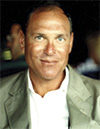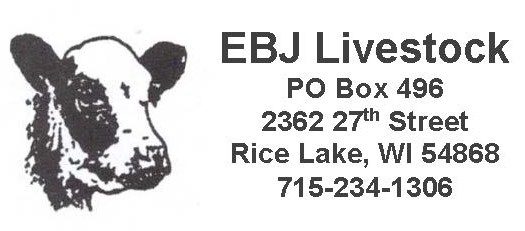The IRS has targeted individuals and organizations. IRS bureaucracy has demanded agents to lead no-change audits, to make greater demands for documents and to disfavor settlements.
Senate committees are likely to investigate IRS abuses with fervor, and there may well be tax reform of some sort in an effort to boost business and to create more jobs. Amending the tax code to any degree is a daunting challenge. There are invariably partisan political questions when it comes to cutting overall tax revenue.
The tax code is extremely complex. In the last 10 years, almost 4,500 changes have been made to the tax code. Many elements of the code help subsidize activities tied to policy objectives such as economic growth or “socially desirable” economic behavior (e.g., home ownership). Some policies are static and may become ineffective or counterproductive as circumstances change.
It is unlikely that tax reform will do much to change personal income tax rates, though there is a good chance corporate income tax rates will be modified in an effort to discourage outsourcing. The top corporate income tax rate is considerably higher than that of other countries around the world.
Any tax reform is complicated by the fact that there are both winners and losers, and the losers will resist efforts to change tax breaks they might presently enjoy.
A key to real tax reform actually consists of changing key personnel in the IRS. Many policies that impact taxpayers consist of policies generated by the senior bureaucrats and IRS regulations.
A significant segment of audits will continue to be in the hobby loss area. Taxpayers in all income segments continue to be targeted for such audits. Many farmers, ranchers and horse owners invariably have “day jobs” that constitute their main source of income.
The ranch or farming activity usually incurs losses for a number of years, and these losses are used to offset taxable income.
Taxpayers want to ultimately make a profit in their venture, but in the meantime they are entitled to take tax deductions so long as the horse, livestock or farming activity is operated “for profit,” that is, the taxpayer has the “intention” of making a profit despite the fact that there are losses.
The best way to convince the IRS that your horse, ranch or farming activity is not a hobby is to show profits (two out of seven years for horse activities, two out of five for other ventures). Most cases involve taxpayers with no profit years, in which case it is important to have substantial documentary evidence and excellent books and records.
The IRS will want to see cost projections, a business plan, evidence that you have relied on experts or have become an expert yourself, professional appraisals of bloodstock and land, and many other items of information.
Often, the IRS agent will obtain damaging information directly from the taxpayer or the taxpayer will not provide solid enough answers to the questions raised. In most instances, it is helpful to have a representative interact with the revenue agent (either a CPA or tax attorney), as this helps protect you from falling into traps.
Professional representatives are in a better position to convince the IRS that your activity is operated “for profit” within the meaning of IRS regulations.
Moreover, often enough revenue agents need to be educated on particular elements of the industry and to learn why it may take a significant period of time until profits are forthcoming. Remember that for almost any tax problem, there is a solution. ![]()
John Alan Cohan is an attorney who serves the horse, livestock and farming industries. He can be reached at (310) 278-0203, or emailed.








